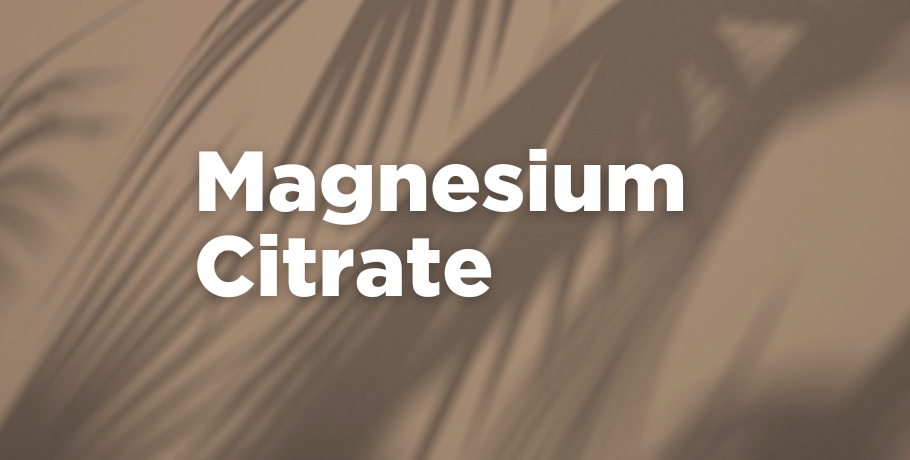
Magnesium citrate
Magnesium citrate is a form of magnesium supplement in which magnesium is bound to citric acid. It is known for its high bioavailability, meaning the body can absorb and utilize it efficiently.

Magnesium citrate is a form of magnesium supplement in which magnesium is bound to citric acid. It is known for its high bioavailability, meaning the body can absorb and utilize it efficiently.
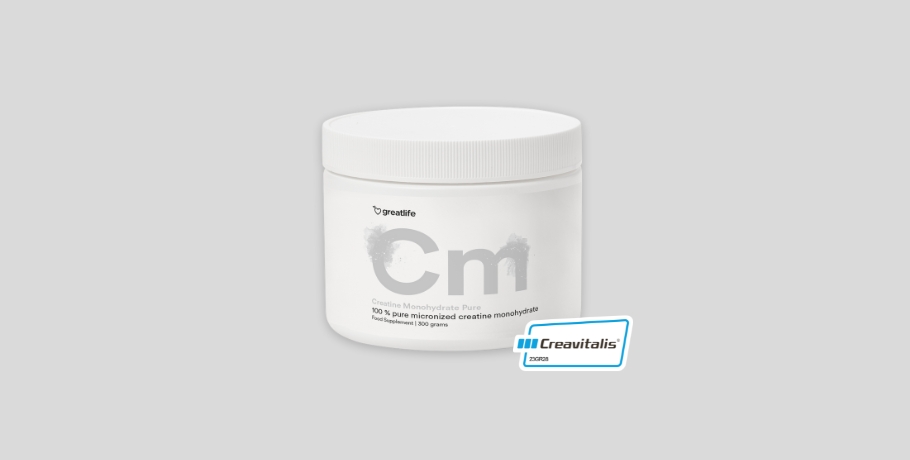
Creatine is a naturally occurring substance in the body that plays a vital role in energy production in the muscles. It is particularly known for its role in fast and explosive movements, which makes it popular among athletes and fitness enthusiasts. But what is creatine exactly, and why is it so common in training and sports? Does it have positive effects on the brain?

Learn all about B vitamins. Read about the symptoms of B vitamin deficiency, the causes of A vitamin deficiency, and make sure you’re getting the recommended daily intake of vitamin B.

Learn all about Vitamin K. Read about the symptoms of Vitamin K deficiency, the causes of this deficiency, and ensure you're getting the recommended daily intake of Vitamin K.
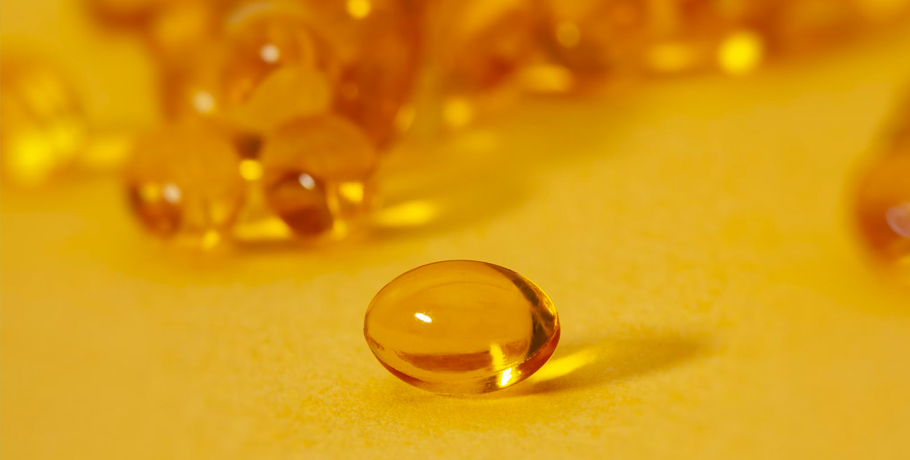
Learn all about vitamin E. Discover the symptoms of vitamin E deficiency, its causes, and ensure you meet the recommended daily intake of vitamin E.
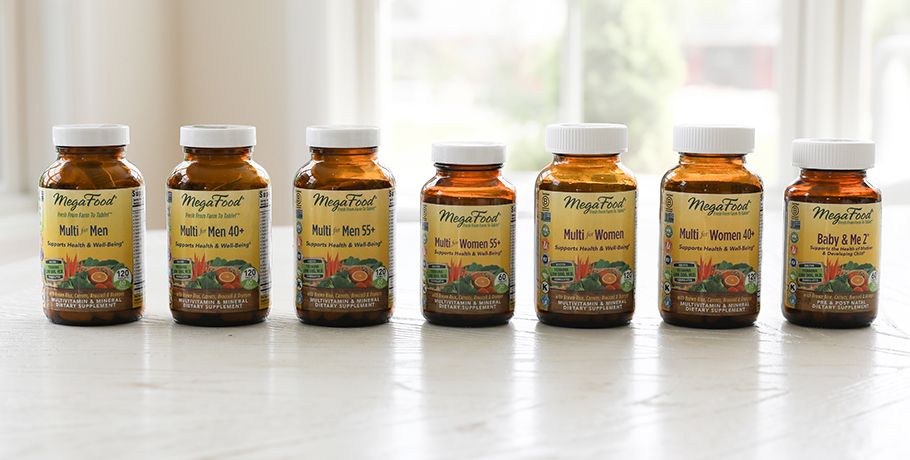
Learn everything about vitamin A. Read about the symptoms of vitamin A deficiency, the causes behind it, and ensure you get the recommended daily intake of vitamin A.
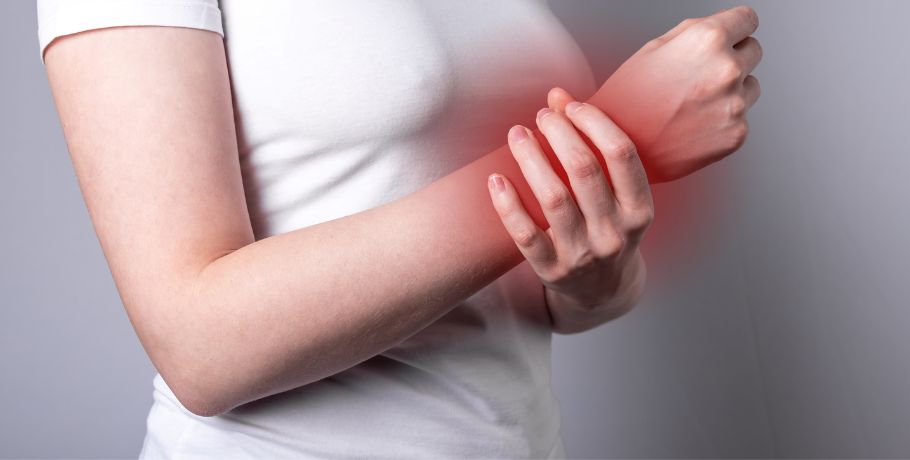
MSM, or methylsulfonylmethane, is a natural compound that has gained popularity as a supplement due to its ability to support health and well-being. In this article, we will explore what MSM is, its potential benefits, specific uses for hair, the recommended daily dose, symptoms of deficiency, and the risk of overdose.
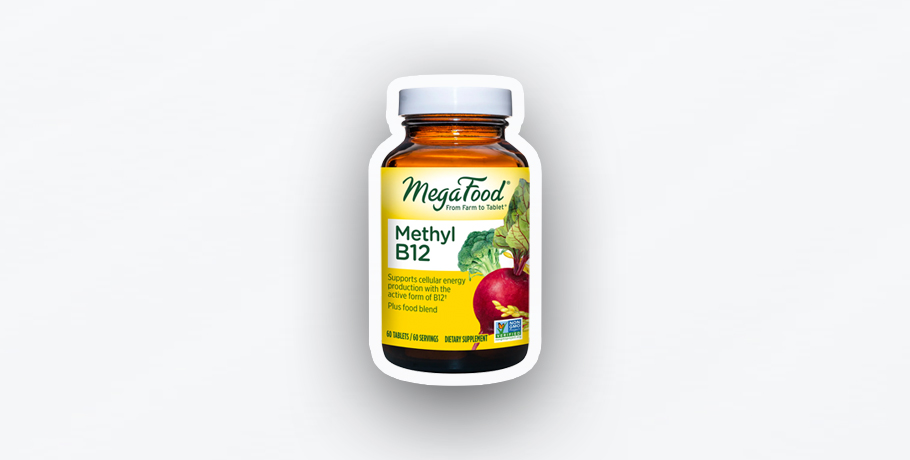
Learn all about Vitamin B12. Read about the symptoms of B12 deficiency, the causes of B12 deficiency, and ensure that you are getting the recommended daily intake of Vitamin B12.

Learn all about Vitamin C. Read about the symptoms of Vitamin C deficiency, the causes of Vitamin C deficiency, and ensure that you are getting the recommended daily intake of Vitamin C.

Magnesium is an essential mineral that plays a crucial role in our health and well-being. In this comprehensive article, we will explore what magnesium is, why it is so important to include in your diet, its many functions in the body, the natural sources of magnesium, the symptoms that may indicate a magnesium deficiency, the recommended daily intake, and the risks of overdosing.

Molybdenum is a trace element that plays an important role in our health. In this article, we will explore what molybdenum is, why it is important to include it in your diet, the symptoms that can occur from a deficiency, the recommended daily intake, and the risk of overdose.

Learn everything about vitamin D. Discover the symptoms of vitamin D deficiency, the causes behind it, and how to ensure you get the recommended daily intake of vitamin D.
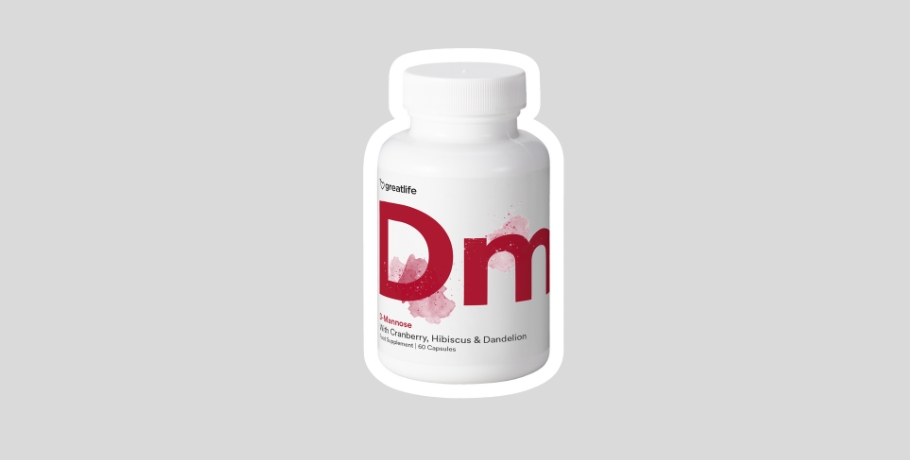
D-mannose is a simple sugar similar to glucose, found naturally in certain fruits such as apples, oranges, and cranberries. It works by binding to bacteria in the urinary tract and helps to flush them out of the body through urine, which can help prevent and treat urinary tract infections (UTIs).

Omega-3 is an essential fatty acid that plays a crucial role in various functions within the body. It is vital for brain health, supports the cardiovascular system, and possesses anti-inflammatory properties. As the body cannot produce Omega-3 on its own, we must obtain it through diet or supplements.
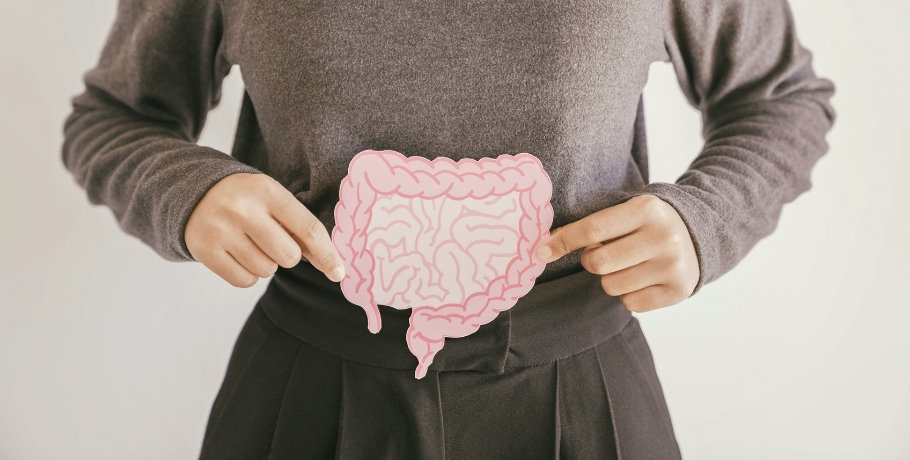
Probiotics are living microorganisms, also known as beneficial gut bacteria. When taken in the right amounts, they provide health benefits to the individual consuming them. These beneficial bacteria help maintain a healthy balance in the gut flora and can improve digestion and immune function.

Q10, also known as Coenzyme Q10 or ubiquinone, is a fat-soluble substance naturally present in every cell of the body. It plays a vital role in energy production within cells by participating in the electron transport chain in the mitochondria, which is essential for ATP production. Q10 also serves as a powerful antioxidant, protecting cell membranes, lipids, and proteins from oxidative damage.

Electrolytes are minerals found in bodily fluids and tissues. They carry an electrical charge and are essential for many physiological processes, including muscle contraction, fluid balance, and nerve signalling. Common electrolytes include sodium, potassium, calcium, and magnesium.

Potassium is an essential mineral that significantly impacts our health in many ways. Explore what potassium is, the symptoms that may occur with a deficiency, how to recognise signs of potassium deficiency, which foods to include in your diet if you are lacking, when you might consider potassium supplements, its numerous positive effects on the body, the recommended daily intake, and whether it is possible to overdose on this mineral.